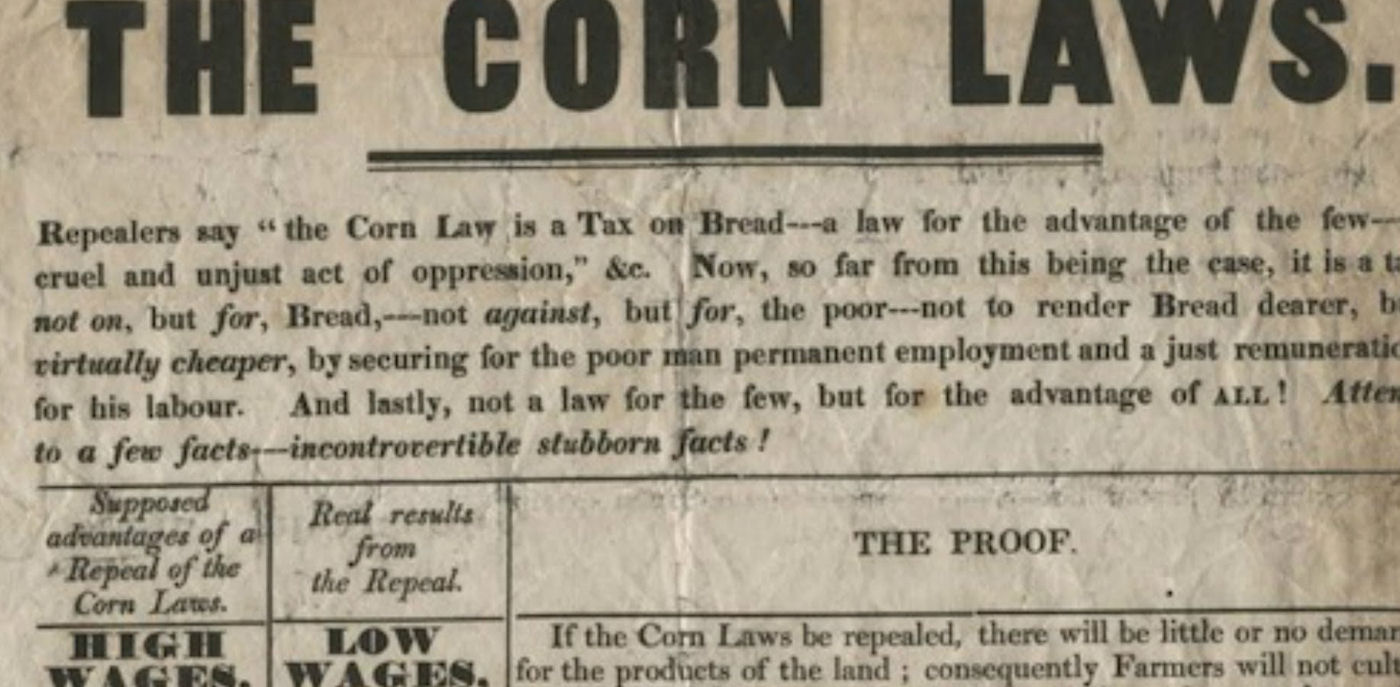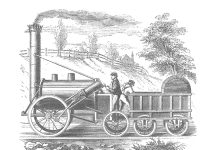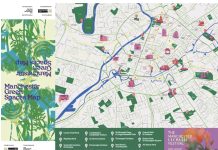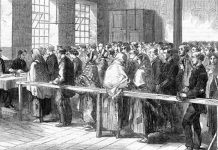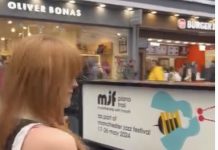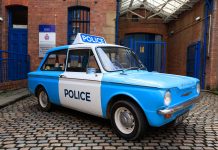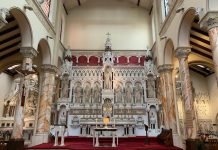As the Tory party appears to be fracturing itself over the Brexit Debate, About Manchester looks back to an issue that split the party back in the first half of the nineteenth century with Manchester at its centre and an issue which would spawn a movement and one of the city’s most famous buildings.
Often today the mere mention of the Corn laws brings back memories of dark classrooms, early 19th century history lessons and O levels yet the controversy around it would split the Tory party.
The export of Corn had been prohibited since the reign of Henry VI but the issue would come to a head during the Napoleonic wars, and the blockade of European ports which saw a huge increase in the price of bread.
At the end of the war, the government brought in the so called Corn Law, which taxed the import of corn by stating that no foreign corn could be imported until domestic corn reached a price of eighty shillings per quarter.
Its imposition saw riots outside the home of the Prime Minister, and the rising working classes, conscious of the example of the start of the French revolution just over two decades earlier viewed as the upper classes taxing their staple goods. Being forced to spend more of their money on bread would have a knock on effect of deflating spending and manufacturers laying off workers as demand for the new consumer goods fell.
Relatively good harvests in the 1820’s took some of the pressure off the government and The Duke of Wellington’s government brought in a sliding scale of taxes in 1828 but by the 1830’s bad harvests were to follow again pushing up the price of bread.
In the North of the country, John Bright, from his home in Rochdale, saw its effects and also,coming from a family of manufacturers could not understand why their protection tariffs had almost disappeared whilst landowners enjoyed the protection of inflated prices for their produce.
The region’s Cotton Industry also suffered, the retaliation of foreign governments over the Corn laws saw barriers put up against manufactured goods in overseas markets.
Bright was joined by a pamphleteer called Richard Cobden, his background also in the cotton trade having first owned a Calico business in Clitheroe.
Bright was to campaign in 1837 for the election of a Rochdale MP who stood on the platform of repeal of the laws and the following year delivered his first speech against the laws in Rochdale.
In 1839 the Anti Corn law league was founded at the York Hotel in Manchester, with Bright and Cobden on the committee, a strictly non political organisation, it would quickly spread to other Northern towns much to the anxiety of the Prime Minister Lord Melbourne. The following year a wooden structure appeared in the centre of Manchester on the iconic site of the Peterloo Massacre that had occurred just twenty years previously, described by the Manchester Guardian as no more than an expedient for a policy.Three years later a more grander building would replace it, described by the Manchester Times as thus:
“it is sufficient to say that its exterior is a substantial brick erection…a series of arches running along the walls to give strength to them and beauty to their appearance at the same time-its dimensions are 135 by 105 ft and the height of the walls is 27ft.The roof is in three compartments running lengthwise of the building,the central compartment being supported by massive iron columns in the interior.
On its opening night the gas lightening failed with people accusing the pro Corn law supporters of a plot and there were shouts from the blackness that the guilt be tracked down and punished.Candles were brought and Bright told the audience of having received a letter that afternoon claiming that a man would in the hall who would at some moment would shout out an alarm that the galleries were falling in with the intention of causing panic and a crush.
The movement though was thriving, with the hall the focus of the movement and while the country would reject repeal of the laws in the election of 1841,voting in the Tory government of Robert Peel, Cobden was elected MP for Stockport on the anti Corn law banner.
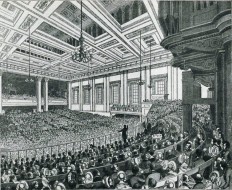
Both Bright and Cobden were in great demand as Parliament refuses to budge on repeal,criss crossing the country to speak.Bright failed by just 100 votes to get himself elected to Parliament in 1843 in Durham only for his opponent to be stripped of the win with accusations of bribery eventually winning his seat and taking up his place in Parliament using his maiden speech to attack Peel.
Slowly the tide was turning,Peel was wavering towards Free Trade and reports of atrocious conditions in the countryside were having an effect on Parliament. In 1845 bad weather across Europe produced a bad harvest,one which would begin the Irish potato famine and in Oct 8,000 people turned up at the Free Trade Hall to hear Bright once again condemn the Prime Minister. By the end of the year Peel had finally made the conversion to free trade and offered to resign but his opposite number Lord John Russell could not form a government. Peel returned to office knowing that the majority of his party would not support repeal.
Nevertheless,the bill was introduced in early 1846 splitting the Tory party down the Middle with Disraeli standing up for the stability of the landed interest and agricultural protectionism and sending the party into the political wilderness for the next twenty years. In Manchester, the news of the repeal of the laws was greeted with wild celebration. The Free Trade Hall would be at their centre.
“At midnight,the chair proclaimed the corn laws dead,the brass band played and the choir sand as Cobden proclaimed never again would we allow any impediment to the free importation of the first and cheapest gift of the creator whilst Bright told the crowd that we have discovered that we were not born with saddles on our backs and that the country gentlemen were not born with spurs”

